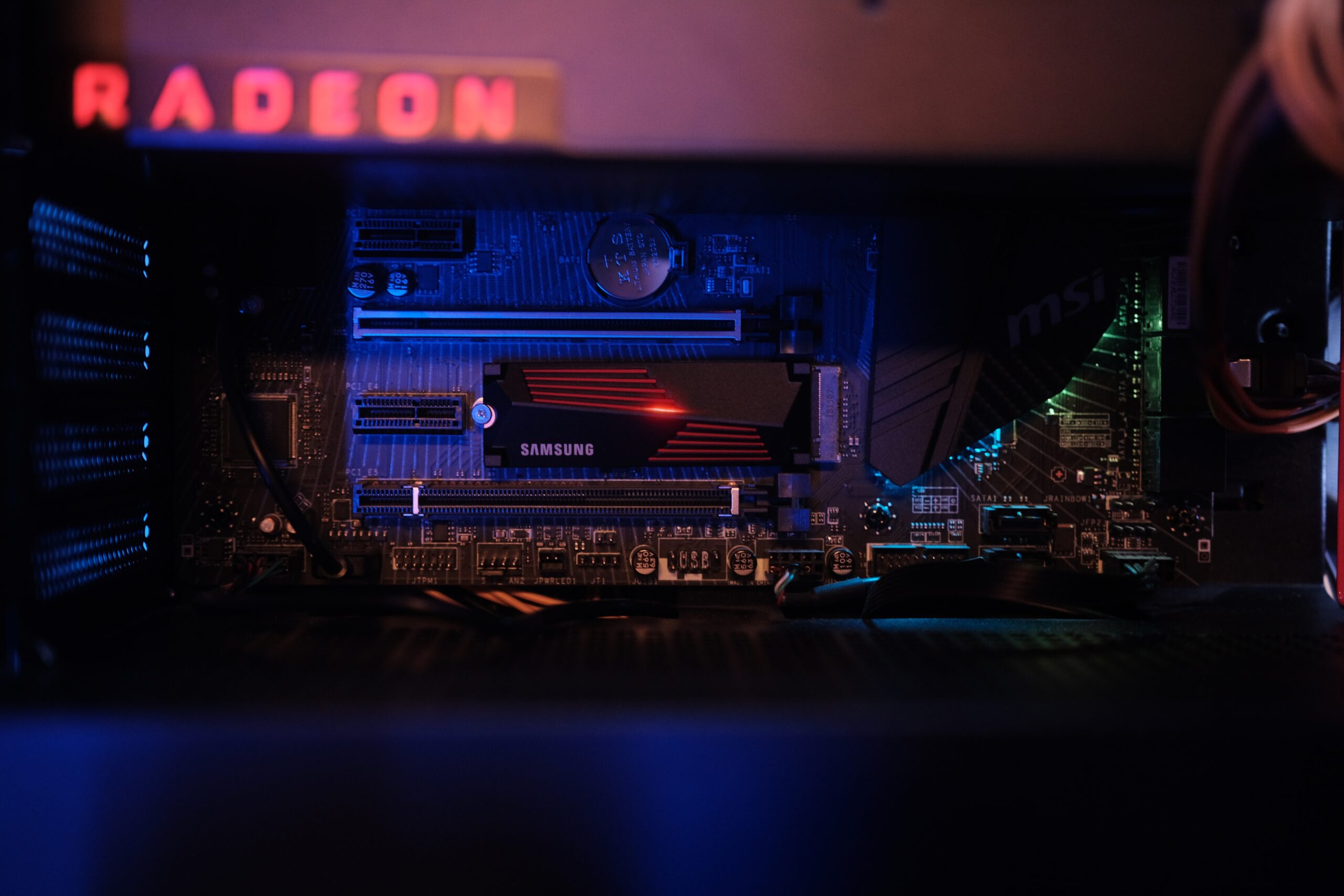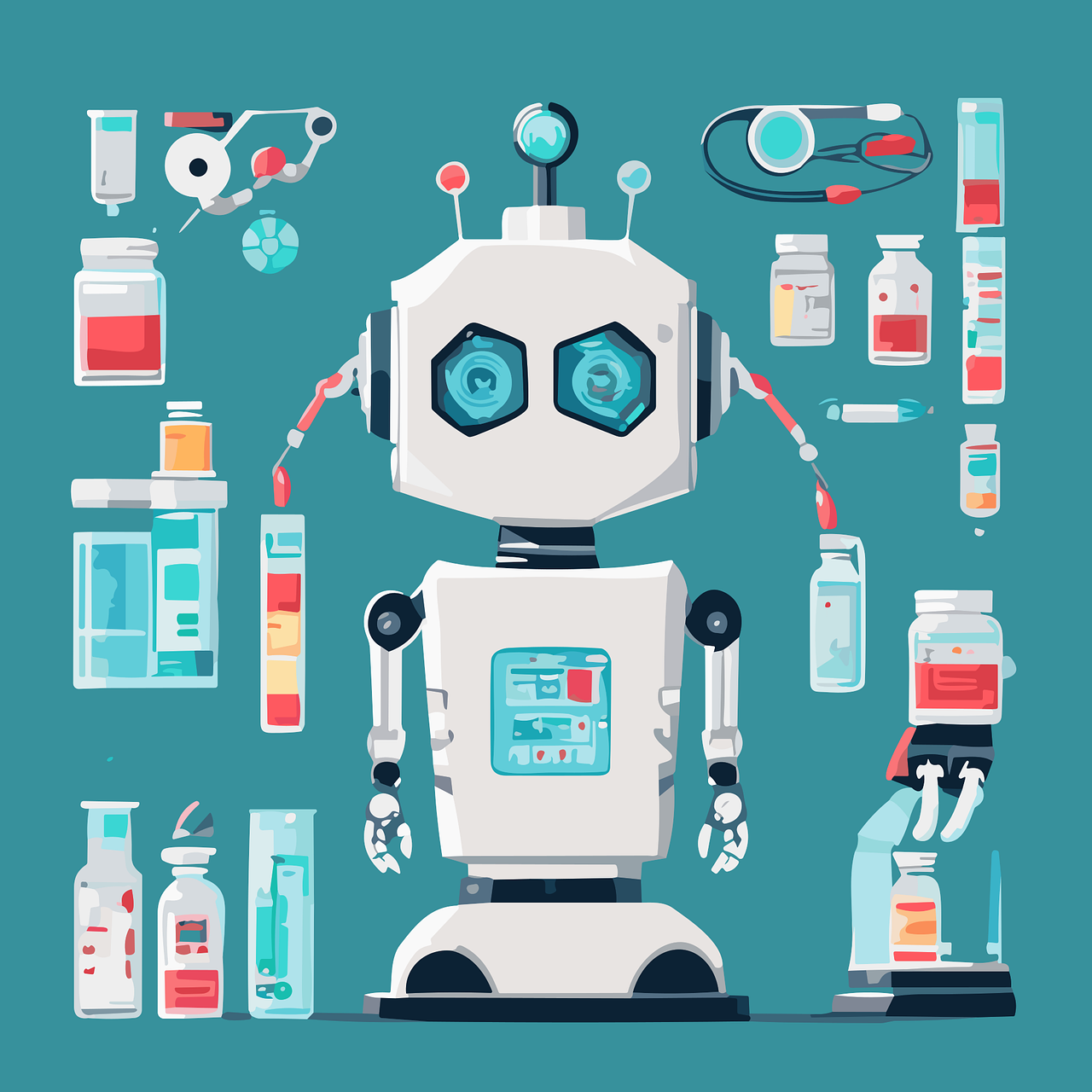Imagine a future where age is just a number, and the fountain of youth is no longer a fantastical notion. Thanks to groundbreaking advancements in science, the promise of anti-aging therapies is becoming a reality. Scientists are tirelessly working to unlock the secrets of aging, aiming to halt and even reverse the effects of time on our bodies. In this article, we will explore the thrilling world of cutting-edge research and discover the potential of these revolutionary treatments to rejuvenate our lives. So sit back, relax, and embark on a journey into the world of anti-aging science.
Understanding Aging
Aging is a natural process that affects everyone, and it is important to have a clear understanding of what causes it, the signs and symptoms that come with it, and the impact it has on our health.
Causes of Aging
There are several factors that contribute to the aging process. One of the main causes is the gradual decline in the production of essential hormones and proteins in our body. As we age, our bodies produce fewer antioxidants, which help protect against cell damage, and collagen, which is responsible for the elasticity and firmness of our skin. In addition, our DNA gradually accumulates damage over time, leading to a decline in cellular function and overall health.
Signs and Symptoms of Aging
As we age, we begin to notice certain signs and symptoms that indicate the effects of aging on our bodies. These may include wrinkles and fine lines on the skin, loss of muscle mass and strength, decreased cognitive function, and decreased energy levels. Other common signs of aging include joint pain, decreased eyesight and hearing, and an increased risk of chronic diseases such as heart disease, diabetes, and cancer.
Impact of Aging on Health
Aging has a significant impact on our overall health and well-being. As we age, our immune system becomes weaker, making us more susceptible to infections and diseases. Chronic conditions such as arthritis, osteoporosis, and cardiovascular disease become more prevalent. Additionally, cognitive decline and memory loss are common as we age. It is important to address the impact of aging on our health in order to maintain a high quality of life as we grow older.
Anti-Aging Therapies: An Overview
With advancements in science and medicine, there has been a growing interest in anti-aging therapies that aim to slow down or reverse the aging process. These therapies offer potential solutions to combat the signs and symptoms of aging and improve overall health and well-being.
Types of Anti-Aging Therapies
There are various types of anti-aging therapies available, each targeting different aspects of the aging process. Some common types of therapies include hormone replacement therapy, stem cell therapy, telomerase activation, and antioxidant supplementation. These therapies aim to replenish essential hormones and proteins, repair damaged cells, and promote overall cellular health.
Advantages and Limitations of Different Therapies
Each type of anti-aging therapy has its own advantages and limitations. Hormone replacement therapy, for example, can help restore hormone levels and improve energy levels, but it may have side effects and risks. Stem cell therapy has the potential to regenerate damaged tissue and promote healing, but it is still in the early stages of development. Telomerase activation aims to lengthen telomeres, which are protective caps at the end of our chromosomes, but its long-term effects are still under investigation. It is important to understand the benefits and risks of each therapy before considering their use.
Current State of Development
Anti-aging therapies are still a relatively new area of research, and many are in the early stages of development. While some therapies have shown promising results in animal studies and small-scale human trials, more research is needed to determine their long-term effects and safety. However, the field of anti-aging research is rapidly evolving, with new discoveries and advancements being made regularly. It is an exciting time for scientific advancements in the field of anti-aging therapies.

Addressing Cellular Aging
One of the key focuses in anti-aging research is addressing cellular aging, as cellular health plays a crucial role in the overall aging process.
Telomere Lengthening
Telomeres are protective structures at the ends of our chromosomes that shorten with each cell division. As telomeres shorten, cells become less able to divide and function properly. Telomere lengthening therapies aim to slow down or reverse this process by activating the enzyme telomerase, which adds length to telomeres. This holds the potential to extend cellular lifespan and delay the onset of age-related diseases.
Senescence and Senolytics
Senescence is a state where cells become damaged and lose their ability to divide or function properly. Senescent cells accumulate with age and contribute to age-related diseases and the aging process itself. Senolytics are drugs that specifically target and eliminate senescent cells, promoting healthy cellular function and potentially slowing down the aging process. This emerging field shows promise for addressing cellular aging and improving overall health.
Stimulating Autophagy
Autophagy is a natural cellular process that helps remove damaged or unnecessary components within cells, allowing for their renewal and restoration. With aging, autophagy becomes less efficient, leading to the accumulation of damaged molecules and proteins. Researchers are exploring ways to stimulate autophagy as a potential anti-aging strategy. By enhancing the body’s ability to remove cellular waste, this process may help maintain cellular health and combat the effects of aging.
Boosting Cellular Energy Production
As we age, our cellular energy production declines, contributing to fatigue and a decline in overall health. The following strategies aim to boost cellular energy production in order to improve vitality and combat the effects of aging.
Mitochondrial Function and Aging
Mitochondria are the powerhouses of our cells, responsible for generating the energy needed for cellular function. As we age, mitochondrial function declines, leading to decreased energy production and increased oxidative damage. By targeting mitochondrial health through lifestyle factors and certain supplements, it is possible to improve cellular energy production and slow down the aging process.
NAD+ Therapy
NAD+ (nicotinamide adenine dinucleotide) is a molecule that plays a crucial role in cellular energy production. As we age, NAD+ levels decline, leading to decreased cellular energy production and increased cellular dysfunction. NAD+ therapy aims to restore NAD+ levels through supplementation or activation of NAD+-producing enzymes, potentially improving cellular function and reversing some aspects of aging.
Sirtuin Activation
Sirtuins are a group of proteins that play a role in regulating various cellular processes, including energy metabolism and stress response. By activating sirtuins, it is possible to enhance cellular energy production and promote overall cellular health. Certain lifestyle factors, such as caloric restriction and physical exercise, have been shown to activate sirtuins and potentially slow down the aging process.

Rejuvenating Skin
One of the most visible signs of aging is the appearance of our skin. Rejuvenating the skin and restoring its youthful appearance is a key focus in anti-aging research.
Collagen and Elastin Stimulation
Collagen and elastin are proteins responsible for the strength, elasticity, and firmness of our skin. As we age, the production of collagen and elastin decreases, leading to the formation of wrinkles and sagging skin. Researchers are exploring various therapies to stimulate the production of collagen and elastin, such as laser treatments, skin creams, and injectable fillers. These therapies aim to improve skin elasticity and reduce the visible signs of aging.
Growth Factors and Stem Cells
Growth factors are naturally occurring substances that regulate cell growth, proliferation, and differentiation. By applying growth factors topically or through injections, it is possible to stimulate the production of new skin cells and improve the appearance of the skin. Stem cells are also being studied for their potential in skin rejuvenation, as they can differentiate into various cell types and promote tissue regeneration.
Topical Antioxidants
Antioxidants play a crucial role in protecting the skin from damage caused by free radicals, which contribute to the aging process. Applying topical antioxidants, such as vitamin C, vitamin E, and green tea extract, can help neutralize free radicals and reduce the signs of aging. These antioxidants can also help improve the overall health and appearance of the skin.
Enhancing Brain Function
Cognitive decline is a common aspect of aging, but there are strategies to enhance brain function and potentially slow down the progression of age-related cognitive decline.
Cognitive Decline and Aging
As we age, cognitive function gradually declines. This can manifest as memory loss, decreased attention span, and difficulty with problem-solving and decision-making. Age-related cognitive decline is a complex process influenced by various factors, including genetics, lifestyle, and underlying health conditions. However, research has shown that there are ways to enhance brain function and potentially delay cognitive decline.
Neuroprotective Compounds
Certain compounds have been found to have neuroprotective properties, meaning they can help protect the brain from damage and promote optimal brain function. Examples of neuroprotective compounds include omega-3 fatty acids, curcumin, resveratrol, and caffeine. These compounds have been shown to have antioxidant and anti-inflammatory effects, which can support brain health and potentially slow down the aging process.
Brain-Targeted Therapies
Researchers are also exploring brain-targeted therapies that aim to enhance brain function through the use of drugs or interventions specifically designed to target the aging brain. These therapies may involve targeting specific neurotransmitters, improving blood flow to the brain, or enhancing the brain’s ability to produce new neurons. While still in the early stages of development, these therapies hold promise for addressing age-related cognitive decline.

Targeting Age-Related Diseases
In addition to addressing the general effects of aging, it is important to target specific age-related diseases in order to improve overall health and quality of life.
Cardiovascular Health
Cardiovascular disease is one of the leading causes of death worldwide, and its risk increases with age. Addressing cardiovascular health through lifestyle modifications, such as a healthy diet, regular physical exercise, and managing risk factors like high blood pressure and cholesterol, can help reduce the risk of heart disease and improve overall cardiovascular health.
Cancer Prevention and Treatment
Cancer becomes more prevalent with age, and research in the field of anti-aging is also focused on cancer prevention and treatment. Lifestyle factors, such as a healthy diet rich in fruits and vegetables, regular physical activity, and avoiding tobacco and excessive alcohol consumption, can help reduce the risk of cancer. Additionally, advancements in cancer treatment, such as targeted therapies and immunotherapy, are improving outcomes for older adults with cancer.
Muscle and Bone Health
Age-related muscle loss, known as sarcopenia, and decreased bone density, known as osteoporosis, are common conditions that can significantly impact quality of life. Regular physical exercise, including both strength training and weight-bearing exercises, can help prevent muscle loss and maintain bone density. Adequate intake of calcium and vitamin D, as well as hormone replacement therapy when appropriate, can also contribute to muscle and bone health.
Lifestyle Factors and Aging
While anti-aging therapies offer potential solutions to combat the effects of aging, it is important to also address lifestyle factors that can have a significant impact on the aging process.
Diet and Caloric Restriction
A healthy diet rich in fruits, vegetables, whole grains, lean proteins, and healthy fats can provide essential nutrients and antioxidants that support cellular health and combat the effects of aging. Additionally, caloric restriction, which involves reducing overall calorie intake without compromising nutritional needs, has been shown to extend lifespan and improve health in various animal studies. While the effects of caloric restriction on human lifespan are still being studied, adopting a balanced and nutritious diet is beneficial for overall health and well-being.
Physical Exercise and Fitness
Regular physical exercise is one of the most effective ways to improve overall health and combat the effects of aging. Exercise helps maintain muscle mass, strength, and flexibility, which are essential for mobility and independence as we age. It also improves cardiovascular health, boosts mood, and supports cognitive function. Engaging in a combination of aerobic exercise, strength training, and flexibility exercises can promote optimal health and well-being.
Stress Reduction and Sleep
Chronic stress has a negative impact on both physical and mental health and can accelerate the aging process. Finding effective ways to manage stress, such as through meditation, yoga, or engaging in hobbies and activities that bring joy, can promote overall well-being. Additionally, quality sleep is essential for cellular repair and regeneration. Adequate sleep allows for optimal hormonal balance and overall health. Prioritizing stress reduction and sleep hygiene are important components of healthy aging.

Ethical Considerations and Challenges
While anti-aging therapies offer potential solutions to improve health and well-being in aging individuals, there are ethical considerations and challenges that need to be addressed.
Access to Anti-Aging Therapies
As with any medical treatment, access to anti-aging therapies may be limited by a variety of factors, including cost, availability, and healthcare disparities. It is important to ensure that these therapies are accessible to all individuals, regardless of socioeconomic status, in order to promote equitable health outcomes for the aging population.
Longevity and Overpopulation
Advancements in anti-aging therapies raise important questions about the potential impact on society, particularly the implications of increased longevity on population growth and resource allocation. While extending healthy lifespan is a desirable goal, it is important to consider the ethical and social implications and ensure that any advancements in anti-aging therapies are accompanied by careful planning and consideration.
Potential Health Disparities
Addressing the specific health needs of aging populations requires a comprehensive approach that takes into account socioeconomic factors, cultural differences, and other social determinants of health. It is important to consider potential health disparities and ensure that anti-aging therapies are accessible and tailored to different populations, in order to promote health equity and improve overall health outcomes.
Conclusion
Understanding the aging process and exploring anti-aging therapies are important steps towards improving health and well-being as we grow older. The field of anti-aging research is rapidly evolving, with promising advancements in cellular health, skin rejuvenation, brain function, and age-related disease prevention and treatment. By addressing lifestyle factors, adopting healthy habits, and staying informed about the latest research, we can take proactive steps towards aging gracefully and maintaining a high quality of life for years to come.













